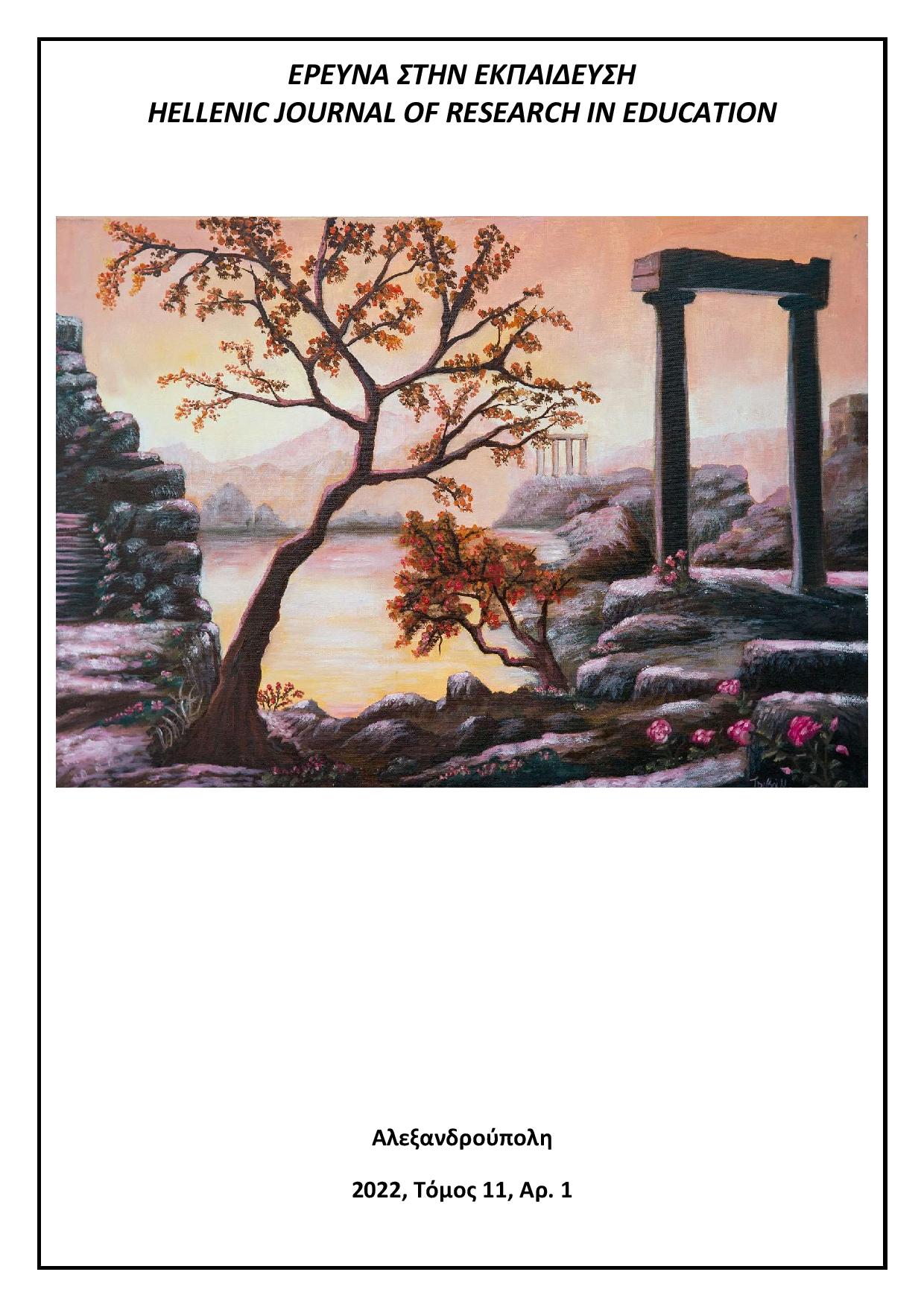Undergraduate students' academic procrastination: Its relationship with emotional intelligence and academic motivation

Abstract
Academic procrastination although is mainly affected by cognitive factors seems to be also affected by other factors such as cognitive-emotional abilities and motivation for learning. The aim of the study was to investigate the relationship between academic procrastination and emotional intelligence and academic motivation. Participants were 108 Greek undergraduates of the Department of Primary Education from University of Western Macedonia. They completed a questionnaire consisted of the Procrastination Assessment Scale for Students, Wong and Law Emotional Intelligence Scale and Academic Motivation Scale. The results showed a negative relationship between emotional intelligence abilities and academic procrastination and a positive relationship between internal regulation and academic procrastination. In addition, self-emotion appraisal, use of emotion and internal regulation predict lower levels of academic procrastination. In general, the results support the beneficial effects of emotional intelligence and autonomous motivation on academic procrastination and they could contribute to the way university departments organize their curricula as well as to the role of university teachers in highlighting the subject of study, in order to reinforce students’ academic achievement.
Article Details
- How to Cite
-
Βάσιου Α. ., Καλδή Σ., & Ξαφάκος Ε. (2022). Undergraduate students’ academic procrastination: Its relationship with emotional intelligence and academic motivation . Hellenic Journal of Research in Education, 11(1), 42–63. https://doi.org/10.12681/hjre.29128
- Issue
- Vol. 11 No. 1 (2022)
- Section
- Articles

This work is licensed under a Creative Commons Attribution-NonCommercial-ShareAlike 4.0 International License.
Authors who publish with this journal agree to the following terms:
- Authors retain copyright and grant the journal right of first publication with the work simultaneously licensed under a CC-BY-NC-SA that allows others to share the work with an acknowledgement of the work's authorship and initial publication in this journal.
- Authors are able to enter into separate, additional contractual arrangements for the non-exclusive distribution of the journal's published version of the work (e.g. post it to an institutional repository or publish it in a book), with an acknowledgement of its initial publication in this journal.
- Authors are permitted and encouraged to post their work online (preferably in institutional repositories or on their website) prior to and during the submission process, as it can lead to productive exchanges, as well as earlier and greater citation of published work (See The Effect of Open Access).


